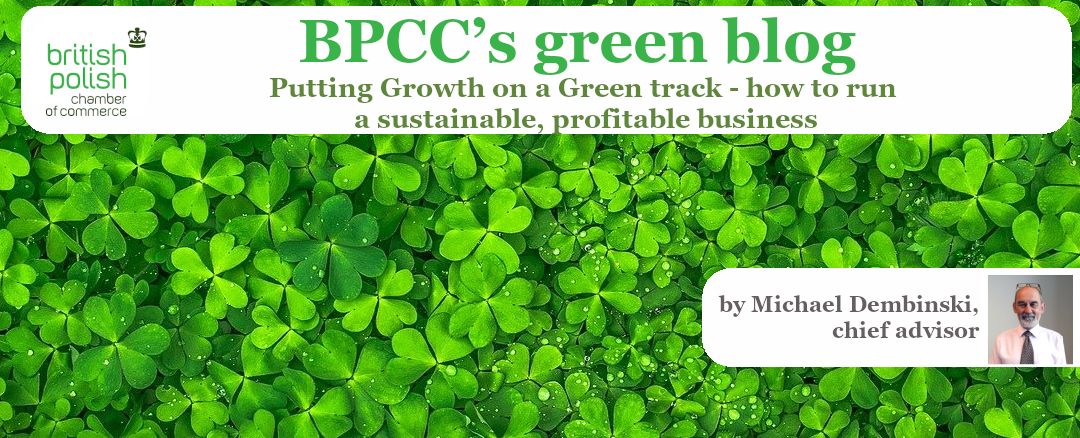Last month was the warmest month ever recorded; the global average temperature the highest ever, the oceans were the warmest ever too. Record-breaking heat events have ceased to be rare. The smoke from wildfires in Canada earlier this year blotted out the sky in New York; hundreds of people burnt to death in Hawaii, Greece was also hit by wildfires. Heatwaves swept Europe, punctuated by freak hailstorms and downpours; cities across Asia, Africa and South America have faced unprecedented floods.
This is the new normal, and it is on course to get much worse before the end of the century. And it is clear that our activity is to blame – Homo sapiens burning fossil fuels, cutting down forests, raising cattle, extracting raw materials on an industrial scale.
Are we too late? Is there anything that can be done – and if so, what – and by whom?
The Covid lockdown year of 2020 did see a fall in carbon dioxide emissions by around 5%, but so eager were consumers to return to usual ways once the pandemic abated (think ‘revenge shopping’ and ‘revenge tourism’) that by 2022, CO2 emissions once again broke all previous records.
I have become slightly sceptical as to the efficacy of government action – politicians seem to be guided less by the science than by opinion polls. Yet the annual gathering of nations at the UN’s COP-series of climate summits does concentrate the minds of governments as they face their peers – other governments. Who’s committing to what new actions, and who’s delivered on past commitments? This does make a difference.
But at the end of the day, the fight to bend downward that ever-rising curve on the graph – be it rising temperatures or rising emissions of greenhouse gasses – rests with the two billion or so consumers in the rich world, and the corporations that serve them.
Every day we make choices as to how we spend our money. Another tank of fuel for our cars? Indeed – a newer, bigger, more powerful car would be nice, wouldn’t it…? An exotic summer holiday halfway across the world? Some fast fashion for the weekend? Meat on the table with every meal? A neat lawn, trimmed weekly spring and summer?
Every one of those decisions, usually nudged along by advertising and marketing messages, is a contribution to global warming. As consumers, we need to dial back our consumption, think about the sustainability of our consumption. And as employees of businesses focused on returning an acceptable profit to shareholders, we need to consider sustainability over next quarter’s earnings.
How companies are run, and how much attention is paid by boards to their firms’ carbon footprints, does have an impact on global emissions. Yet a company headquartered in a BREAM- or LEED-certified building, with a fleet of electric cars, running its manufacturing plants to the highest standards of energy efficiency, can still be chase ever-growing sales, and foisting consumers with unnecessary product. Getting the balance right is incredibly difficult. Having at the forefront of one’s mind the imperative of sustaining a liveable planet on one hand, and keeping the economy going – jobs, taxes and pensions – on the other.
Today’s CEO is thus burdened with the usual pressure to perform, but now with new demands to ‘green’ the business – and to report on progress. It is, say many, like having to drive from A to B within a given time, but with the handbrake on. Yet the alternative – running the business without any regard to sustainability – risks the company’s future and imperils the entire economy, which will suffer increasingly as climate events start to bite. There’s no escaping it. Boards and shareholders need to realise this too. So which KPI should execs focus on?
We are on track to see successive climate records fall. Of the four hottest summers ever recorded in the UK, three have been in this century. The pace of climate change is likely to increase, with more deadly storms, wildfires and droughts that threaten food security. Businesses will feel more pressure from regulators to improve their environmental performance. But above all, it is the daily decisions of consumers as they go about their daily lives, which will ultimately determine the fate of the global climate in our Anthropocene era.


























